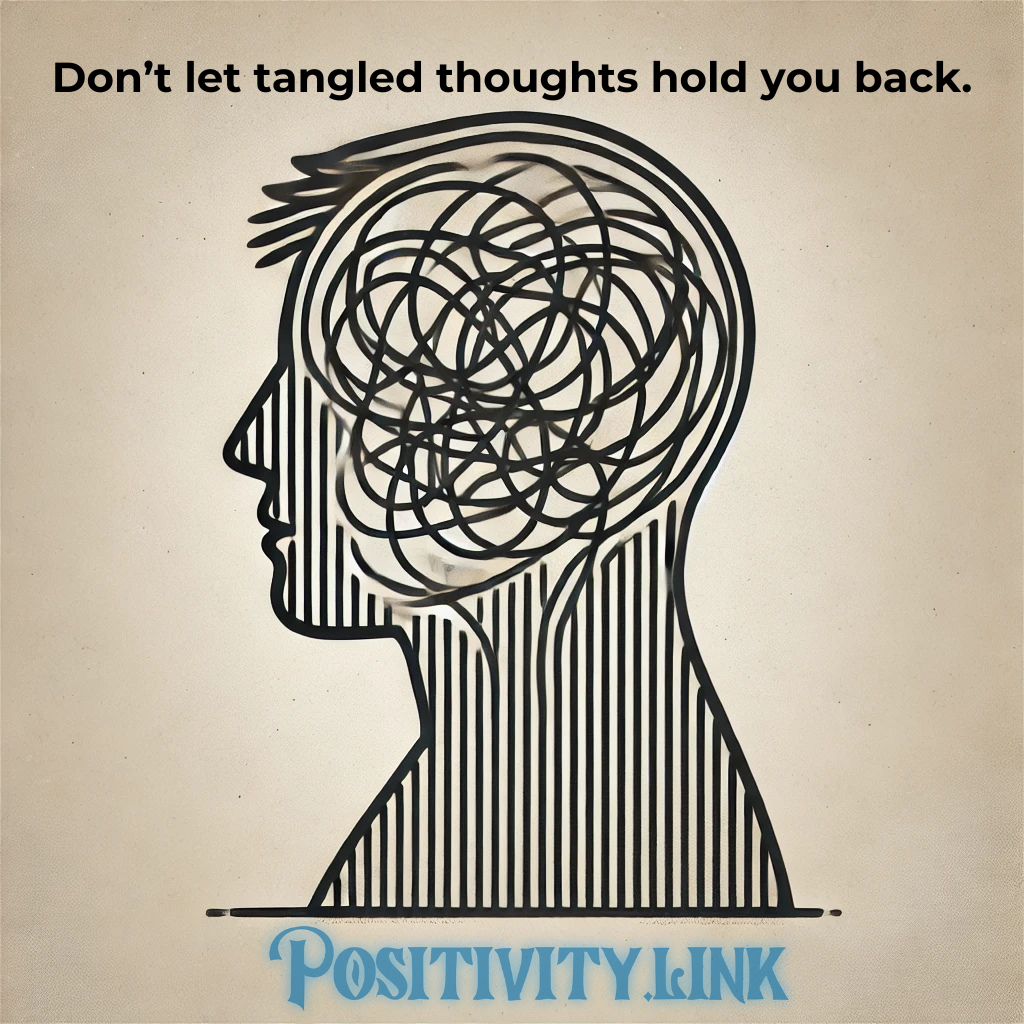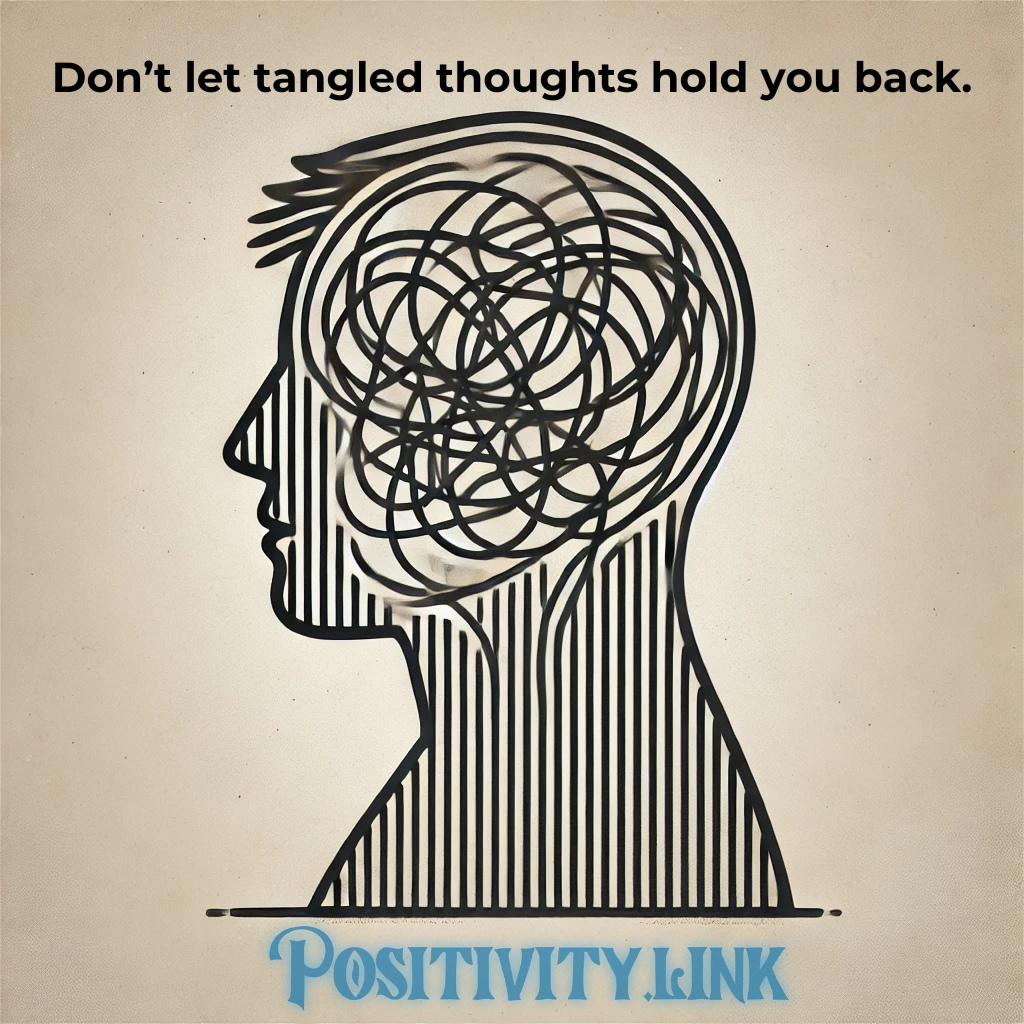
Self-doubt is one of the biggest roadblocks on the path to success and personal fulfillment. It’s that quiet (or sometimes loud) voice in your mind that makes you question your abilities, your worth, and your potential. It often appears when you’re about to take a risk, step into the unknown, or push yourself beyond your comfort zone.
While self-doubt is a natural part of being human, allowing it to dictate your actions can keep you from reaching your true potential. The good news is that self-confidence is a learned skill, not an inherent trait—which means you have the power to build it, one step at a time.
Let’s explore proven strategies backed by psychology to silence self-doubt, cultivate confidence, and step boldly into your greatness.
Understanding Self-Doubt: Where Does It Come From?
Before we dive into strategies, it helps to understand why self-doubt exists in the first place.
Self-doubt often stems from:
- Past failures or negative experiences – If you’ve experienced setbacks before, your brain tries to protect you by making you hesitant about taking risks again.
- Comparison to others – Social media and societal expectations make it easy to feel like you’re falling short.
- Perfectionism – If you believe anything less than perfection is failure, self-doubt will thrive.
- Fear of judgment – Worrying about what others think can create hesitation and second-guessing.
- Imposter syndrome – Feeling like you don’t deserve success or that you’re a fraud, even when you’ve earned your accomplishments.
Recognizing that self-doubt is a learned pattern, not an absolute truth, allows you to begin the work of challenging and replacing it with confidence-building habits.
1. Challenge Your Inner Critic
Your mind is constantly generating thoughts, but that doesn’t mean all of them are true. Often, self-doubt is fueled by distorted thinking patterns that exaggerate fears and downplay strengths.
How to Silence Negative Self-Talk:
🔹 Identify the thought – When self-doubt creeps in, pause and acknowledge the thought instead of automatically believing it.
🔹 Question its validity – Ask yourself:
- Is this thought based on facts or just fears?
- What evidence do I have that contradicts this belief?
- Would I say this to a close friend?
🔹 Replace it with a constructive thought – Instead of “I’ll never be good at this,” try “I’m learning, and every effort makes me better.”
Over time, this rewires your brain to be more supportive rather than critical—a practice backed by cognitive behavioral therapy (CBT).
2. Take Action Before You Feel Ready
One of the biggest myths about confidence is that you need to feel confident before taking action. The reality? Confidence comes from action.
Psychological studies show that self-efficacy (the belief in your ability to succeed) increases when you engage in small, repeated efforts toward your goals.
How to Use Action to Build Confidence:
- Start before you feel ready. If you wait for fear to disappear, you’ll never start. Take a small step forward despite the doubt.
- Set micro-goals. Break big tasks into small, manageable actions. Completing small wins builds momentum and self-belief.
- Adopt the “test-and-learn” mindset. Instead of fearing failure, see every attempt as an experiment. Even if things don’t go as planned, you’re gaining valuable experience.
🔹 Example: If you want to start a business but doubt your ability, don’t wait until you feel like an expert. Start small—test an idea, create a rough draft, or seek feedback.
Each action you take weakens the grip of self-doubt and reinforces the belief that you are capable.
3. Use Positive Affirmations (The Right Way)
Affirmations work, but only if they are believable. Telling yourself “I’m the best in the world” won’t help if you don’t believe it deep down. However, affirmations rooted in truth and personal growth can be powerful.
How to Create Effective Affirmations:
- Make them realistic and growth-focused – Instead of “I’m a genius,” try “I am constantly improving my skills.”
- Use evidence-based affirmations – Reinforce them with real past successes. “I have overcome challenges before, and I can do it again.”
- Say them with feeling – Stand tall, say them aloud, and connect emotionally to the words.
🔹 Example Affirmations for Confidence:
✅ “I am capable of learning and growing.”
✅ “I deserve success because I work hard for it.”
✅ “I trust myself to handle challenges as they come.”
4. Surround Yourself with Confidence-Boosting People
The people around you influence your self-perception. Negative, critical individuals can reinforce self-doubt, while supportive and encouraging people can help you grow confidence.
How to Create a Supportive Environment:
- Seek out mentors – Learn from those who have overcome similar struggles.
- Join communities that uplift you – Positive spaces like Positive Growth & Wellness provide encouragement and reassurance.
- Limit exposure to negative influences – If someone constantly makes you doubt yourself, set boundaries.
🔹 Example: If you’re working on self-confidence in public speaking, join a supportive Toastmasters group rather than spending time around people who belittle your efforts.
5. Reframe Failure as a Learning Tool
Fear of failure fuels self-doubt. But failure is not proof of inadequacy—it’s proof that you’re trying, learning, and evolving.
How to Reframe Failure for Growth:
- Replace “failure” with “feedback.” What can you learn from the experience?
- Recognize that even successful people fail. Every expert started as a beginner.
- Celebrate the effort, not just the outcome. The fact that you tried is worth acknowledging.
🔹 Example: If you bomb a presentation, instead of thinking, “I’m terrible at this,” reframe it to, “I learned what I need to improve for next time.”
When you embrace failure as part of the journey, self-doubt loses its power.
6. Visualize Your Confident Self
Visualization is a powerful psychological tool used by athletes, public speakers, and high achievers. When you mentally rehearse success, your brain starts believing it’s possible.
How to Use Visualization for Confidence:
- Close your eyes and imagine your future self – Confident, composed, and achieving your goals.
- Engage your senses – How does success feel, sound, and look?
- Do this daily before stepping into situations that trigger self-doubt.
🔹 Example: Before a job interview, visualize yourself walking in confidently, answering questions with clarity, and leaving feeling proud of your performance.
Final Thoughts: Confidence Is Built, Not Born
Overcoming self-doubt is not about eliminating it entirely—it’s about learning to move forward despite it. Confidence is not something you magically wake up with; it’s something you develop through consistent action, positive reinforcement, and self-compassion.
There will be days when self-doubt returns, but each time you challenge it, take action, and choose growth, you strengthen your confidence muscles.
If you’re looking for a community that supports your journey of self-growth, join Positive Growth & Wellness. Surround yourself with people who believe in your potential and encourage you to step into your greatness.
💙 Join us today: Positive Growth & Wellness
Remember: You are capable. You are resilient. You are enough. Keep moving forward, and confidence will follow. 💪✨















